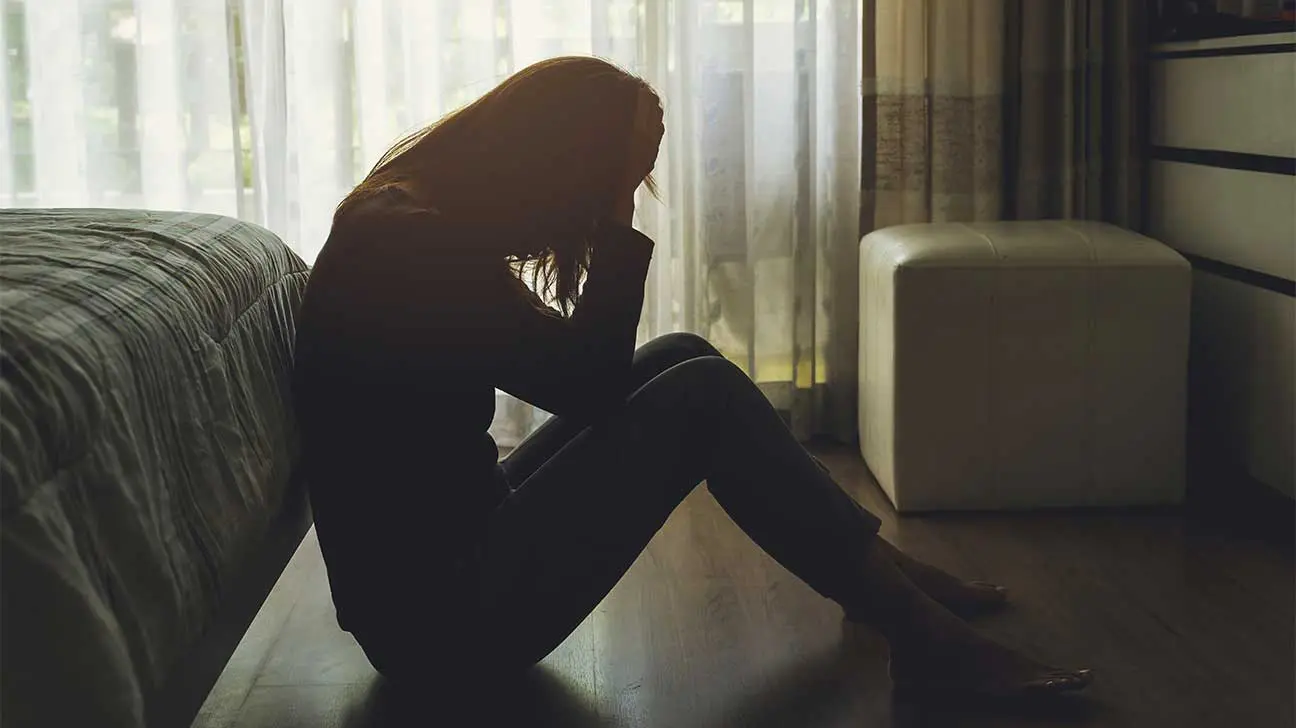Dealing With Relapse: Should I Go Back To Rehab?
Going back to rehab after a relapse can be a complicated decision. Here is some helpful information to consider before you decide what is best for you and your sobriety.

Even if you are fully committed to recovery and sobriety, there is still a potential that you could relapse. Relapse does not mean you can’t attain sobriety, and it certainly does not indicate failure.
There is a significant percentage of individuals who relapse during early sobriety, however many of these individuals move forward and continue their path into recovery.
However, relapse can be dangerous. For those who no longer have a tolerance to the substance, using the old dose you are accustomed to could result in overdose or death.
Rates Of Relapse During Early Recovery
According to the National Institute on Drug Abuse (NIDA), relapse rates range from 50 and 90 percent before year four of alcohol abstinence, and for those with an addiction to drugs, relapse rates are approximately 40 to 60 percent.
These staggering statistics are exactly why it is important for those in early recovery to stick to an aftercare plan, which can include outpatient therapy, 12-step meetings, and knowing what to do if a relapse occurs.
Can I Prevent Relapse After Rehab?
While there is no way to know with certainty whether or not a person will relapse after rehab, research has shown specific criteria that increase or decrease the possibility of relapse, including:
- Attending and completing inpatient rehabilitation decreases the chances of relapse after rehab
- The types of treatment and its characteristics is related to relapse risk factors
- Having co-occurring mental health issues increases relapse risk, especially if the mental health issues remain untreated
Should I Return To Rehab?
There are a couple of things to consider when you find yourself using after rehab. The first is to determine if your behavior is considered a “slip” or a relapse.
A “slip” is usually when a person has slipped into misusing a drug or alcohol. When a “slip” occurs, the person typically sees this as a negative and doesn’t continue on a path back toward addiction.
Conversely, a relapse occurs as a person goes back to a previous pattern of substance abuse, for days or weeks at a time. A person will also regress away from others and dismiss aftercare commitments.
If your pattern appears more like a “slip” and not a relapse, reach out to your counselor or sponsor, find a meeting, or schedule an outpatient session. Explore the circumstances that resulted in your “slip” and avoid triggers. Taking these steps can help you get back on track.
But if your pattern of abuse is better defined by a relapse, it is time to get help to stop using and continue your recovery journey.
Relapse After Rehab
A relapse after rehab tends to be more intensified than before rehab. In addition to reverting back to substance use, a person tends to have significant guilt and a negative opinion of themselves.
Continued use after relapse is dangerous, deadly, and makes recovery even more complicated. Returning to rehab after a relapse can save your life.
Returning To Rehab
An important reason to return to rehab after a relapse is to remove access to drugs and alcohol, so you can focus on recovery.
It could help you to find a program that offers a different approach to treatment than your previous substance abuse treatment program. This could mean different therapies, philosophies, amenities, or a longer stay than before.
Additionally, a return to rehab can help you figure out what triggered the relapse to begin with, and give you specific tools to help combat the urge to resort to drugs or alcohol.
A Relapse Is Not Failure
It is so important to remember that a relapse does not mean you failed at sobriety. It takes a significant amount of courage, strength, fortitude, and self-love to get sober.
You are learning the tools you need to achieve your goal of sobriety, and returning to rehab will strengthen the tools you have, and give you more options to choose from in your future.
We are here to help you continue on the path of recovery. If you or a loved one is in need of substance abuse treatment, please reach out to Spring Hill Recovery Center. At Spring Hill, we can help you find a treatment approach that meets the needs of you or your loved one.
- Addictive Behaviors - Relapse after inpatient substance use treatment: A prospective cohort study among users of illicit substances https://www.sciencedirect.com/science/article/pii/S0306460318308542
- Evaluation and Program Planning - Effect of social support on substance abuse relapse in a residential treatment setting for women https://www.sciencedirect.com/science/article/abs/pii/S0149718904000126
- Journal of Drug Policy - Personal support networks, social capital, and risk of relapse among individuals treated for substance use issues https://www.sciencedirect.com/science/article/abs/pii/S0955395915003047
- National Institute on Drug Abuse - Treatment and Recovery https://www.drugabuse.gov/publications/drugs-brains-behavior-science-addiction/treatment-recovery


